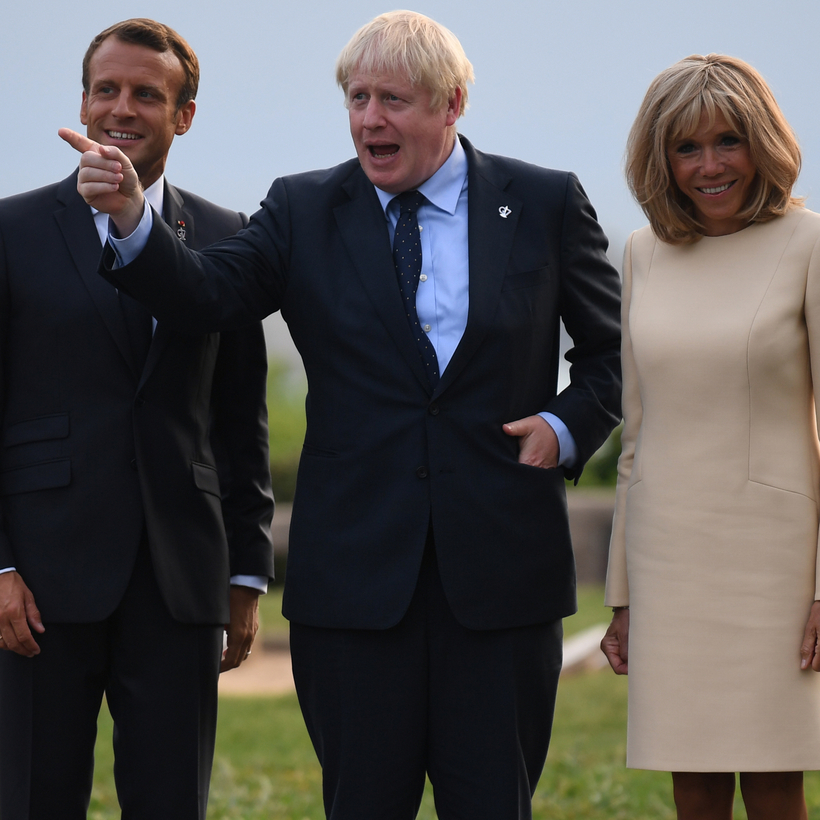My only real encounter with Boris Johnson, the new British prime minister, was at the Republican National Convention in 2004. I found him standing alone at a party being held in Gotham Hall, where blue martinis were doing the rounds. I went up to him, and we had a perfectly pleasant conversation. James Wood, who overlapped with Johnson at Eton, describes him as being “flamboyantly convictionless,” and that’s his schtick, but he asked me that evening if I could introduce him to fellow guests Grover Norquist and Phyllis Schlafly, at that time among the most virulently right-wing people in America. To Johnson it was all jolly good fun, but I wasn’t sure, and I saw a certain steel in his gray eyes.
Recently, the prime minister has been dragging a dead cat around Europe, pretending it’s the tiger of a vital new economy. He arrived with a threat, that he’ll take his dead cat away should E.U. leaders refuse to concede to a once-in-a-lifetime deal for Britain, a deal that, if they did concede to it, would de-stabilize the entire union. Johnson says he will withdraw Britain from Europe with no deal (“no ifs or buts”) by October 31 if “negotiations” fail, but European leaders believe he is stone mad, without a bargaining chip to his name, unless the threat of suicide is counted as a bargaining chip (which it is with some European leaders). And yet, as Charles Dickens could’ve told you after years in the sketch writers’ gallery at the House of Commons, buffoonery can go a long way in upsetting expectations. In one of Parliament’s wood-paneled dining rooms, a colleague of Johnson’s recently told me the blond bomber has something of Ronald Reagan’s talent for supplanting ideas with charm. “He’s out of touch with reality,” she said, “offering nothing more than Theresa May did, but he might just be showing enough swagger to pull the voters his way in a general election.”

